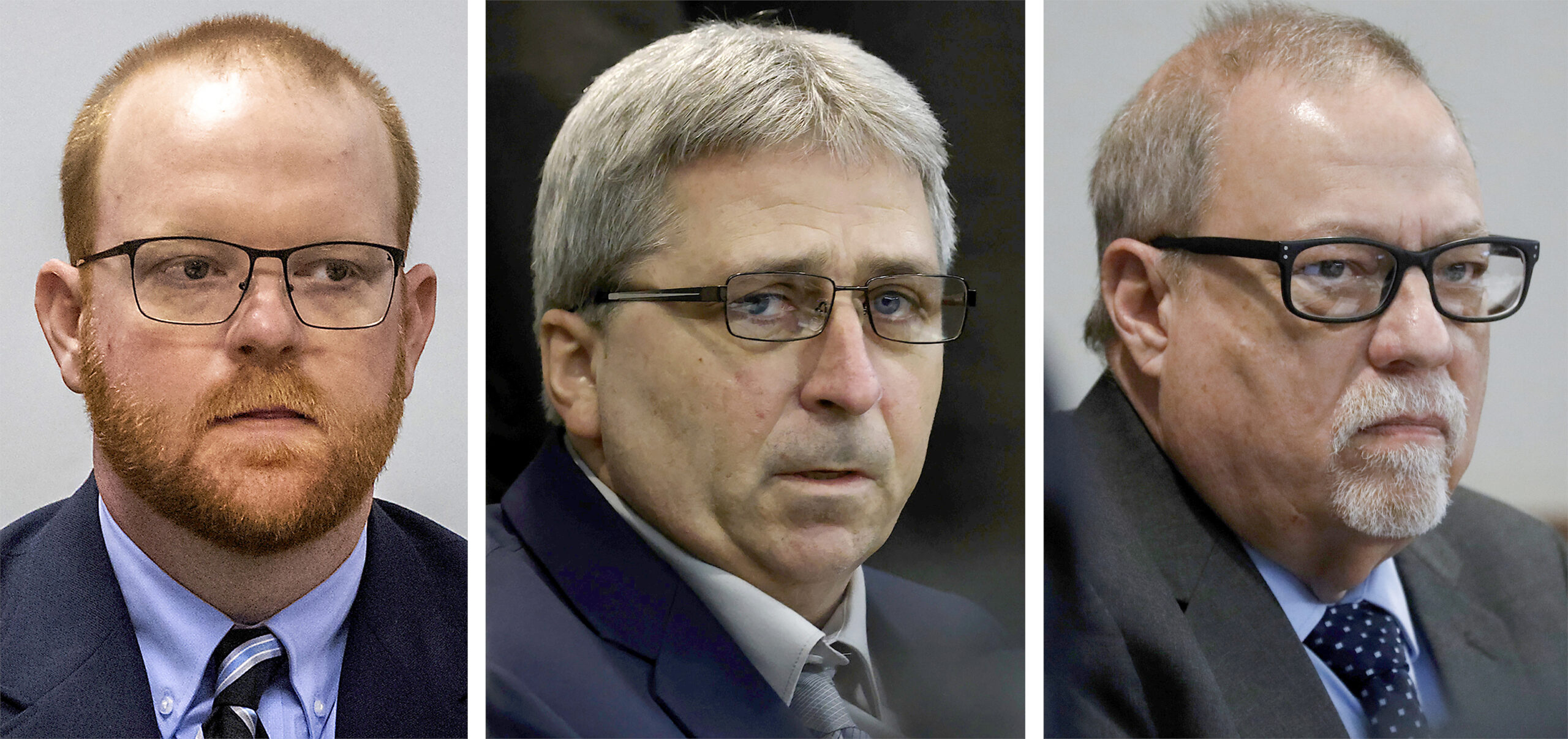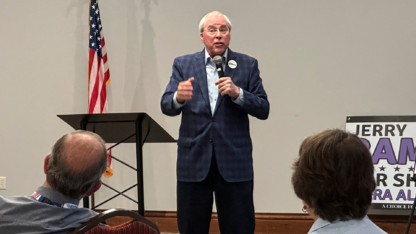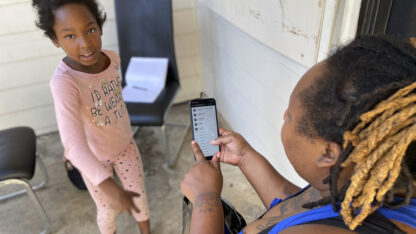State Opioid Task Force Looks To Improve Communication Among Stakeholders

Attorney General Chris Carr said he hopes to leverage the work that’s already being done to prevent opioid overdoses, rather than creating any new government program.
Patrick Sison / Associated Press
The main goal of the state’s opioid task force, which met Thursday in Augusta, is to have better communication among the hundreds stakeholders fighting the opioid crisis in Georgia.
There are more than 370 groups involved in the task force and about 200 showed up at this third meeting. Participants ranged from law enforcement, medicine, government to private citizens. That’s a lot, but that’s the idea, according to its organizer, Attorney General Chris Carr.
He said he noticed many different groups working on this issue in Georgia, but they weren’t talking to each other.
“We had a lot going on, but we weren’t communicating,” he said. So his office put together a different sort of task force, open to anyone interested.
“Most of the time if you do a task force you identify six or seven different folks, go around the state, take testimony, they write a white paper, nobody ever reads it and that’s the end of it,” he said. “But this task force is open to all 10.4 million Georgians … we want everybody at the table.”
The opioid task force has no set goals, except, as Carr put it, an end to opioid-related deaths. He said he hopes to leverage the work that’s already being done, rather than creating any new government program.
Presenters included an emergency room doctor, a representative from the Richmond County Sheriff’s Office, a Georgia Bureau of Investigation chemist and Sen. Johnny Isakson. He spoke about his personal experiences with the opioid crisis.
But Carr pointed out that the most important part of the meeting would be afterward when participants would be free to meet and talk. Many did, for nearly an hour.
Because the crisis is so complex, information is fragmented. So, just being in the same room helps, said Cassandra Price, with the Georgia Department of Behavioral Health and Developmental Disabilities.
“We just didn’t know what we didn’t know,” she said. “That we had all these different groups doing all this different work because of their passion and enthusiasm and we just didn’t have it organized.”
Price spoke up at the Augusta meeting to correct information a previous speaker had cited about programming available in the state. She said she connected with him after “It’s in the interest of improving communication, and that’s exactly what this task force is about,” she said. “I will be here at every meeting.”
More than 1,000 people died of opioid overdoses last year. The next task force meeting isn’t yet on the calendar.








